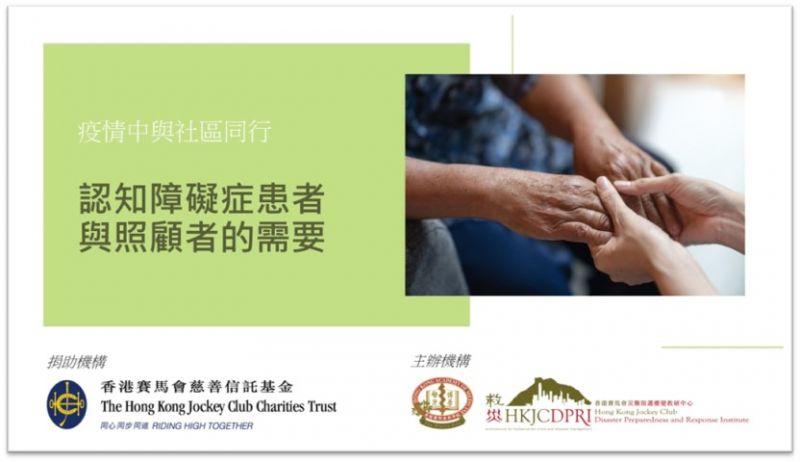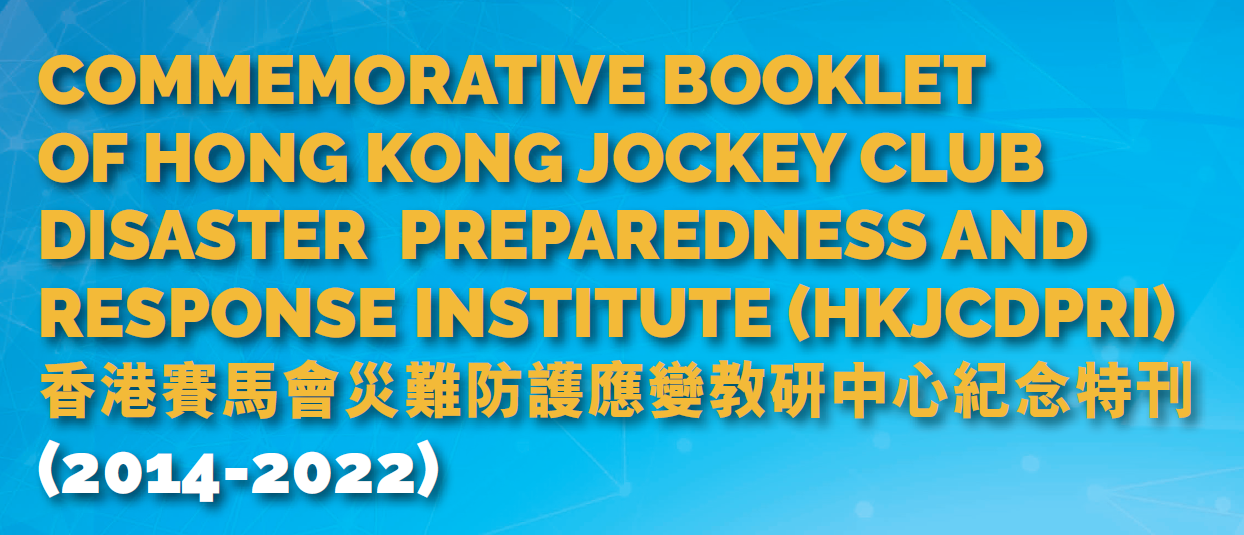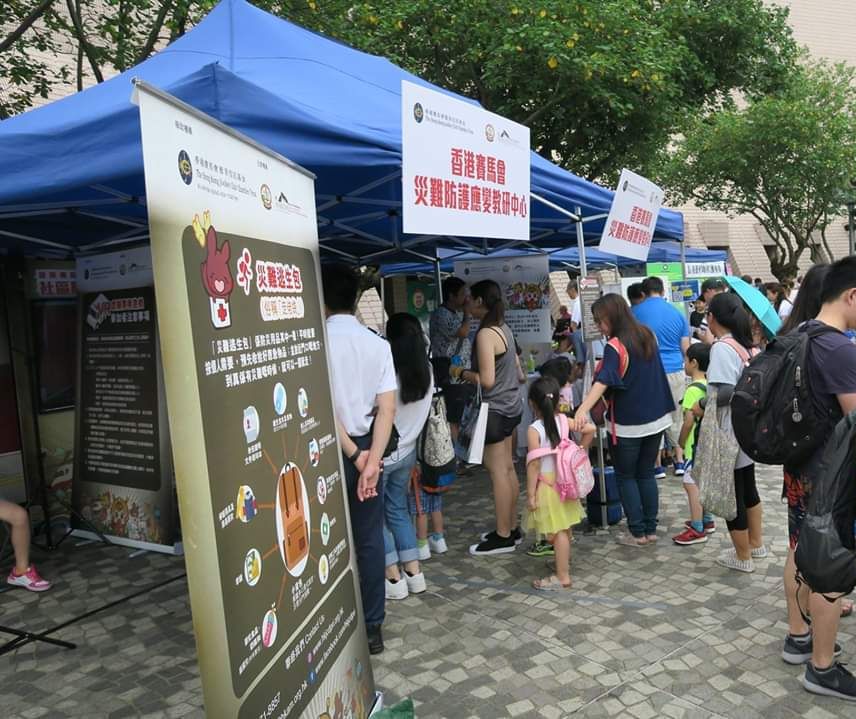Dr. Jimmy Chan
With thousands of micro-organisms -such as bacteria and viruses in the environment, we are all vulnerable to infection. The skin and mucous membrane are the first barriers to protect us from the invasion of these micro-organisms. If the microbes successfully colonize through these broken barriers, our body will initiate an inflammatory response (red, swelling, pain and heat in that area) to counteract the invasion. Blood flow will increase in that region and will bring white blood cells and macrophages to clear up the invaders. However, if this mechanism fails, our body immune system will be stimulated to generate high power defense against these micro-organisms.
With a spike on its surface (Fig. 1) the COVID-19 virus can tap into the ACE2 receptors of human cells, simulating using a key to open the lock of a door. This protein is an antigen that can trigger the immune response in our body to produce humoral and cellular response specific to COVID-19 virus. The humoral response will produce antibody around one week’s time to kill the virus (like a missile) whereas the cellular response will take about 1-2 weeks to produce cytotoxic T-cells to destroy the virus (like a sniper chasing to kill the target). The antibody and cytotoxic T-cell level of a patient in recovery phase will drop as time goes by. If second infection occurs because of immune memory, the antibody and cytotoxic T-cell can be built up quickly to combat against the virus.

Figure 1: S-Protein of COVID-19 Virus (From Internet: CDC/US)
After recovering from the infection of COVID-19 virus, the patient will be protected by the body immune system. Vaccination is another way of receiving immune protection. By injecting harmless COVID-19 antigen into our body, it can help the immune system develop protection from the disease. Vaccines are biological products that prevent and control the occurrence of epidemic infectious disease. The development of vaccine follows a standard procedure with pre-clinical and clinical stages. In pre-clinical stage, the vaccine type will be decided. The antigen is isolated from the virus. After purification, the vaccine will be tested in animal model to ensure safety and adequate effectiveness of the immune response. If the pre-clinical phase is successful, then they will proceed to test the vaccine in clinical stage.
In the clinical stage, there are 4 phases:
- Phase 1 clinical trial: This is a small scale trial and focus on vaccine safety and effectiveness of the immune response.
- Phase 2 clinical trial: This is a larger scale clinical trial. In addition to immune effectiveness and safety, it also checks the vaccine optimal dosage, single or multiple shots and the side effect of the vaccine in a controlled environment.
- Phase 3 clinical trial: This is a very large-scale clinical trial which usually involves more than 10,000 volunteers. It will check the parameters as stated in phase 2 clinical trial, but it is under a natural environment.
- Phase 4 clinical trial: If the vaccine can pass the phase 3 clinical trial, then a formal preparation will be submitted and get approval from appropriate authority for the clinical use of the vaccine. Post-marketing surveillance will be monitored for a prolonged period of time.
Different types of COVID-19 vaccines will be available:
- Live attenuated vaccine: the virus is made less virulent but the antigen stimulation power is preserved.
- Inactivated vaccine: the virus is killed and the antigen stimulation power is preserved.
- Adenovirus vaccine: The adenovirus is a common respiratory tract virus. It is made less virulent and is implanted with the COVID-19 genetic material. The adenovirus serves as a vehicle to transport the COVID-19 antigen into our body to stimulate the immune response.
- Recombinant vaccine: Recombinant vaccines are made by using bacterial or yeast cells to manufacture the vaccine.
- Messenger RNA (m-RNA) vaccine: mRNA can serve as a messenger to direct the body cell to produce antigen. The genetic material of COVID-19 antigen is incorporated into the mRNA and act as a vaccine to stimulate the immune response. The advantages of mRNA are shorter clinical trial period and cheaper to produce.
Up till now, more than 300 COVID-19 vaccines are being developed in many countries. Many of them are in phase 3 clinical trials. Nevertheless, there are several outstanding vaccine developments in China, United Kingdom and United States (Fig. 2). According to World Health Organization (as at 2 October, 2020), there are 4 vaccines in phase 3 clinical trials in China (Sinovac Biotech, CanSino Biologics and China National Biote Group). Inactivated and Adenovirus vaccine types are probably adopted. Since the control of COVID-19 infection in China is good, with minimal new cases, the phase 3 clinical trial is conducted in other epidemic areas like Middle East and South America countries. According to the National Health Commission and news reports, the immune protection and side effects results are very encouraging.

Figure 2: COVID-19 vaccine development
(Internet photos from Xin Hua News, Belt and Road News and South China Morning Post)
In United Kingdom, researchers produced the Oxford Vaccine (AstraZeneca) with the SARS vaccine technology. The adenovirus is used as vehicle to transport the antigen into our body to stimulate the immune response, claiming that they can provide double protection on both the humoral and the cellular immune response. However, a very serious side effect (Transverse Myelitis leading to paralysis) has been detected in the phase 3 clinical trial recently. According to the information in AstraZeneca website on 2 October 2020, a standard review process triggered a voluntary pause to vaccination across all global trials on 6 September to allow review of safety data by an independent committee. Their recommendations have been supported by international regulators in the UK, Brazil, South Africa, India and now in Japan, who have deemed that the trials are safe to resume. However, The FDA of US has not made a decision yet.
In United States, researchers produced the mRNA vaccine (Moderna and Pfizer). This is a brand new technology with no historical records. Published in New England Journal of Medicine, the study is now also in phase 3 clinical trial and two vaccine doses are required to be injected. The side effect in first dose is mild but more prominent in second shot. The immune response is good and the antibody level is similar to that of a recovery COVID-19 patient.
The following factors should be considered before deciding the type of vaccine taken:
- Affordable cost
- The level of protection the vaccine provided such as complete immunity to reduce mortality and morbidity.
- The duration of protection.
- Safety, side effect and complications of the vaccine.
- Degree of protection with respect to the mutation of the COVID-19 virus.
It is expected that the demand for COVID-19 vaccine will be great. Those who face the greatest risk such as the emergency personnel, including medical/nursing staff, disciplinary forces and government decision makers should have the first priority to receive vaccination. The second tier should be the high-risk groups such as old age home residents, food handlers and people that need to work in crowded environment. The last tier should be common people.
Dr. Jimmy Chan,
President of HK Association for Conflict and Catastrophe Medicine.
FHKAM(Surgery), FHKAM (Emergency Medicine)
Regional Director (HK), Advanced HazMat Life Support International, USA.
Reference:
1. Vaccines and immunization, World Health Organization (WHO)
2. Safety and immunogenicity of the ChAdOx1 nCoV-19 vaccine against SARS-CoV-2: a preliminary report of a phase 1/2, single-blind, randomised controlled trial, The Lancet, 15 August 2020
3. New study reveals Oxford coronavirus vaccine produces strong immune response, The University of Oxford, 20 July 2020
4. An mRNA Vaccine against SARS-CoV-2 — Preliminary Report, The New England Journal of Medicine, 14 July 2020
5. Pfizer and BioNTech Propose Expansion of Pivotal COVID-19 Vaccine Trial, Pfizer, 12 September 2020
6. Types of vaccine, Vaccine Knowledge Project, The University of Oxford, 3 January 2019
7. COVID-19 vaccine AZD1222 clinical trial resumed in Japan, follows restart of trials in the UK, Brazil, South Africa and India, AstraZeneca, 2 October 2020

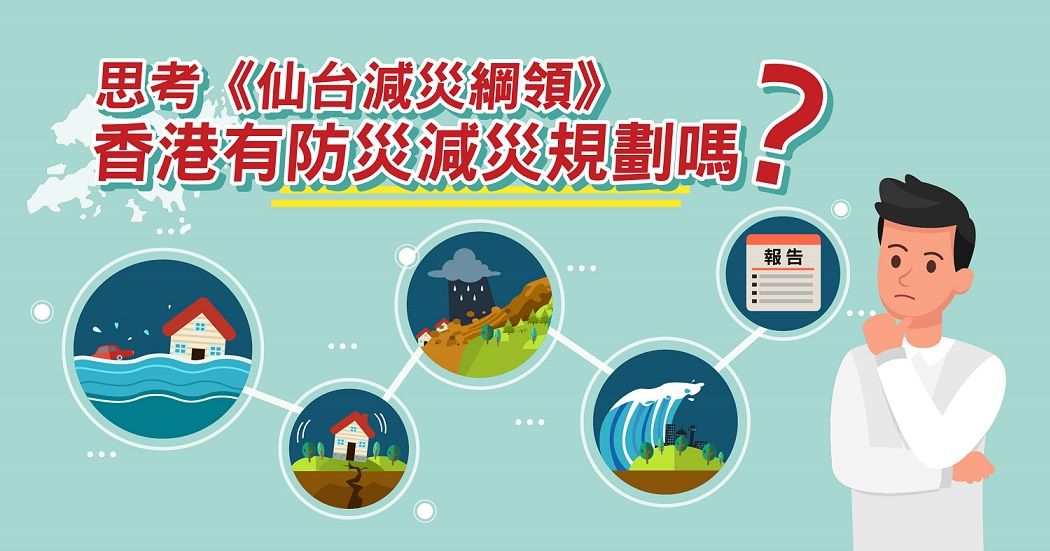








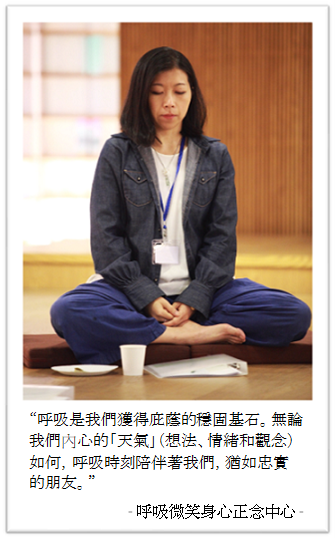 2019新型冠狀病毒病疫情影響著我們每一個人,即使我們並沒有染上疫症,也影響著我們每天的生活。照顧患有認知障礙症的親屬,想必會在疫情期間遇到不少壓力,而照顧者在注意患者的需要時,亦需要照顧好自己的需要,讓自己有休息的空間和時間,保持正面的態度以應付每天的生活。我們特別邀請認知障礙症患者照顧者許思思女士及呼吸微笑身心正念中心臨床心理學家陳燕妮女士分享疫情中的挑戰,希望照顧者學懂照顧自己,並同樣獲得關注。
2019新型冠狀病毒病疫情影響著我們每一個人,即使我們並沒有染上疫症,也影響著我們每天的生活。照顧患有認知障礙症的親屬,想必會在疫情期間遇到不少壓力,而照顧者在注意患者的需要時,亦需要照顧好自己的需要,讓自己有休息的空間和時間,保持正面的態度以應付每天的生活。我們特別邀請認知障礙症患者照顧者許思思女士及呼吸微笑身心正念中心臨床心理學家陳燕妮女士分享疫情中的挑戰,希望照顧者學懂照顧自己,並同樣獲得關注。